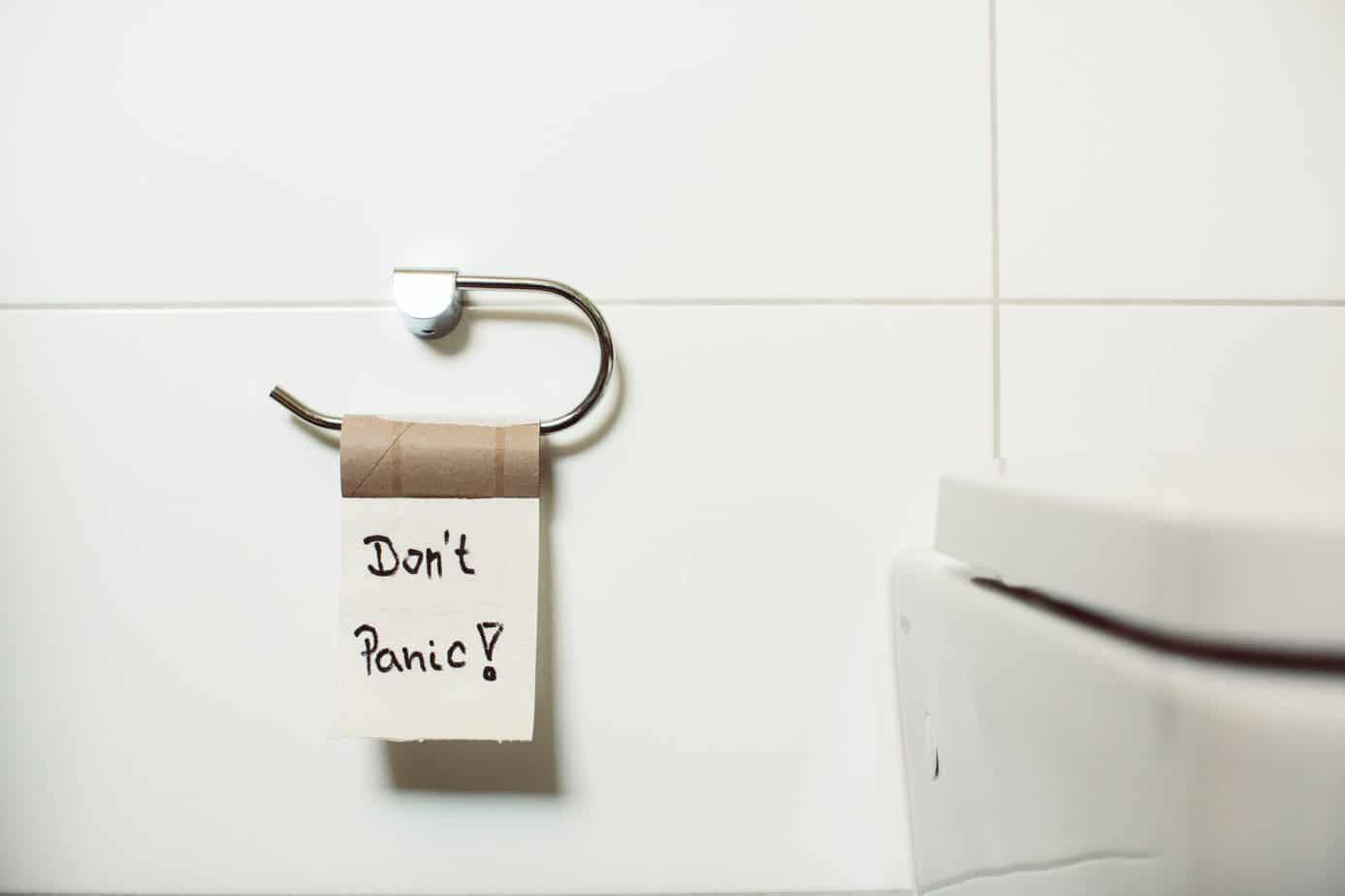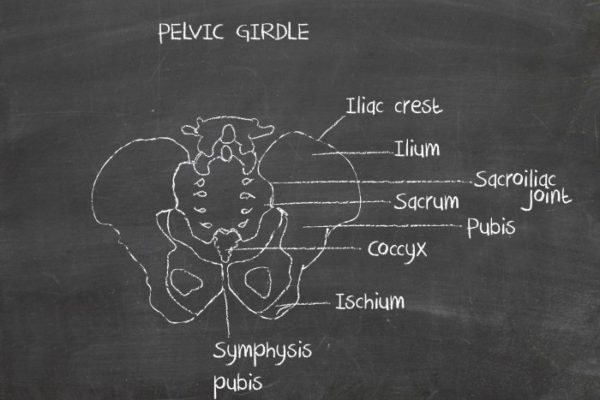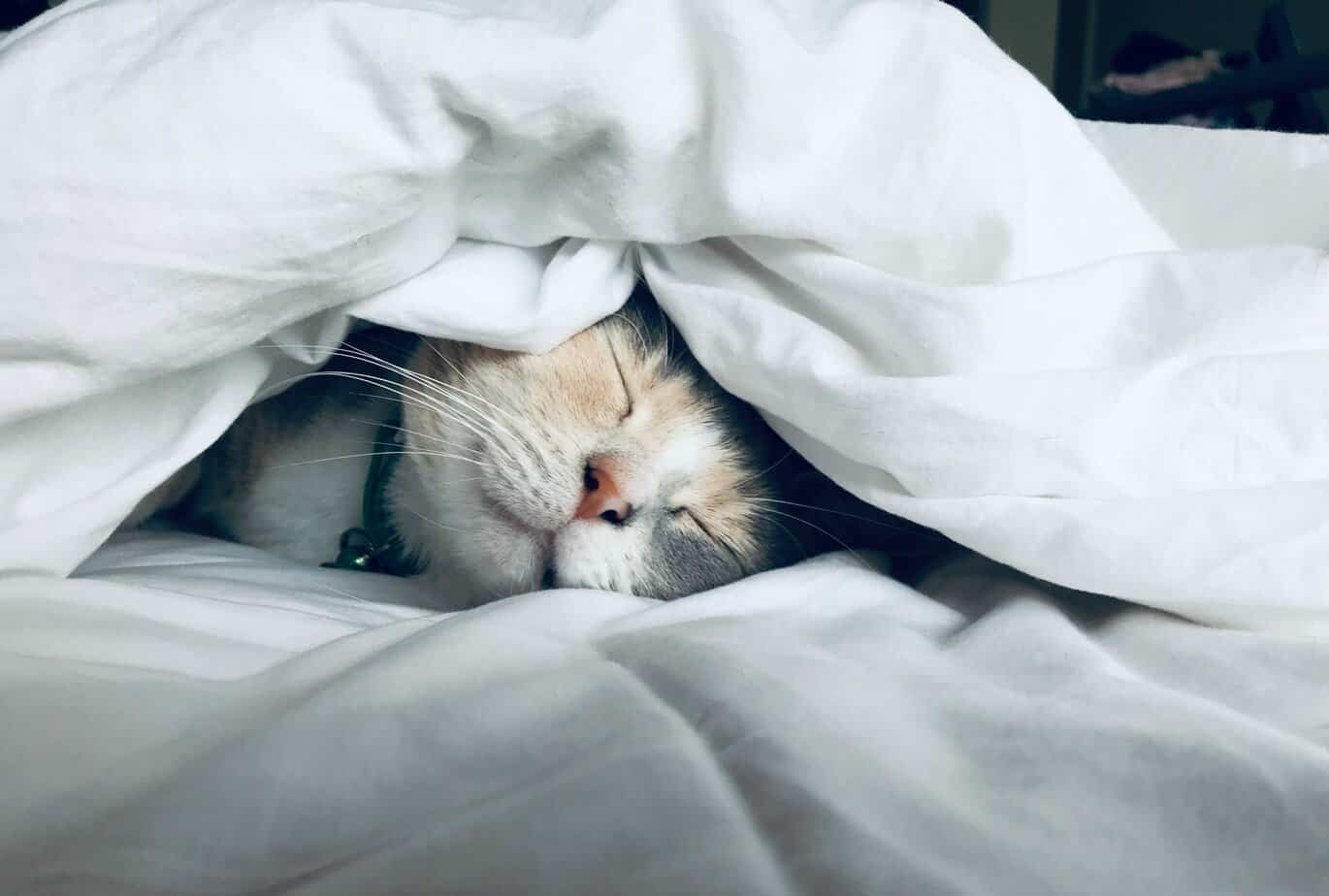Tips for Anxiety

Stress effects us all. In some shape or form. Anxiety is an individuals reaction to stress in the form of persistent feelings of apprehension or worry. The feeling of being anxious can persist after the initial stress has passed.
The Stress System
The body is built to manage stress. This system (autonomic nervous system) is called the ‘fight or flight’ system.
It controls:
- Perspiration
- Blood pressure
- Heart rate
- Digestion
Having stress and experiencing stressful events is part of life. The way in which we react to it however is where the trouble and issues with anxiety lie.
Effects of Chronic Stress
- Less activity in the prefrontal cortex
- logic part of your brain
- Overactive limbic system
- emotional area within the brain
- Dizziness, shaking, nausea and palpitations
- caused by the brainstem
How To Dampen Anxiety
- Relaxation techniques
- Mindfulness
- Meditation
- Listen to Music
- Breathing techniques
- Exercise
- Stretching
- Yoga
- Exercise
- jogging
- biking
- moderate paced walking
- Talk Therapy
- Friends
- Family
- Professional guidance
- Massage
- Acupuncture
Can anxiety be good for us?
Author of the book Future Tense, Dennis-Tiwary, argues that anixety can be used to help us become more productive. The script can be flipped on anxiety and it can be used to help inspire and motivate individuals to become proactive in solving their problem(s).
‘Anxiety is designed to feel bad – your heart races, your blood vessels contract – so you sit up and listen,’ she says. ‘But unlike fear, anxiety contains hope. Our dopamine levels increase – that’s the feelgood hormone that happens when we’re rewarded.’ The distant prospect of acing those exams, of getting a clean bill of health or landing your chosen career is the dopamine talking. Anxiety can focus the mind, drive you to revise harder, to see a doctor, to seek new pathways towards your chosen career. ‘It’s a horrible emotion, it feels terrible,’ says Dennis-Tiwary. ‘But it’s a beautiful emotion, too.’
Dennis-Tiwary writes in her book about hope being entangled with anxiety, which separates it from fear (a certainty that something bad will occur). Hope allows the individual to push forward to seek a creative solution to their problem. She likens anxiety and our emotional well-being to our immune system or musculoskeletal system in that without it being challenge or stressed, our body becomes unable to cope. If we can change the mindset on anxiety it can be viewed from a less negative perspective and help us work through it.
Where does Physical Therapy Come Into Play?
It is common for us to hear our patients report, while they are participating in physical therapy, that they also have mental health stressors. In pelvic health, the two areas are often interconnected (physical symptoms and mental health. There can also be spill over. Better muscle function can lead to better mental health with a better or easier ability to perform tasks or return to an activity that was previous too painful to participate in. The improved seratonin and dopamine levels in the body give a feeling of wellness and happiness. Having a mental health therapist can help improve mental health symptoms while working on improving physical symptoms in physical therapy.







